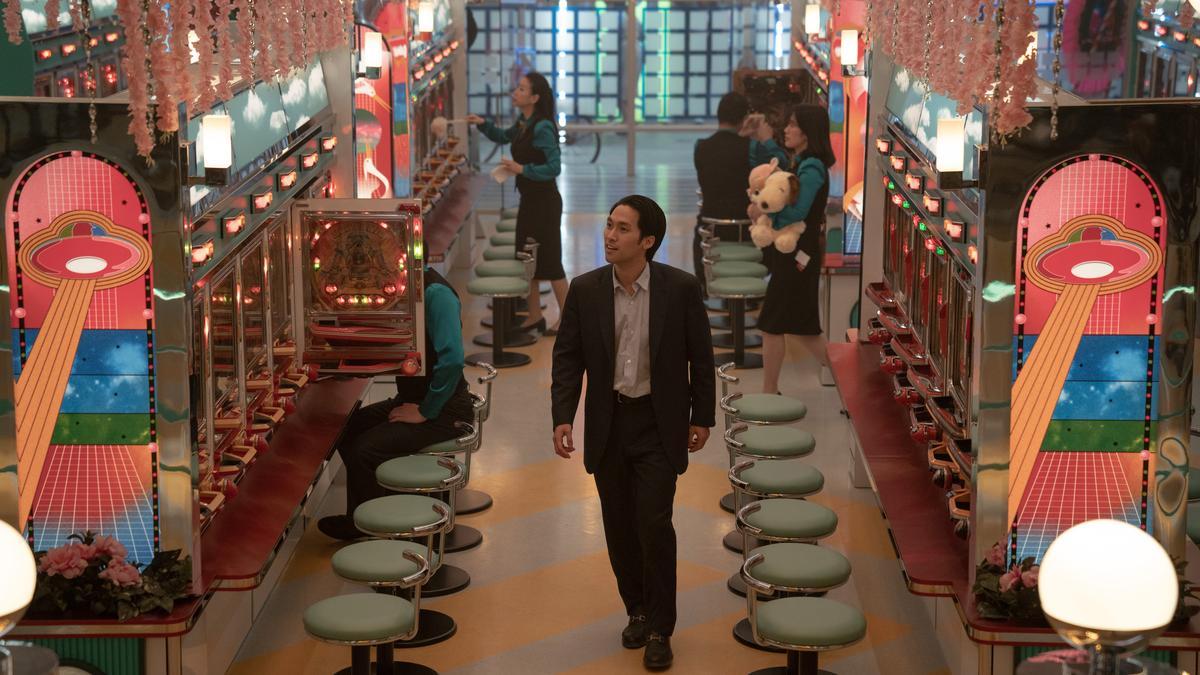
Whenever a beloved book transitions from page to screen, it ignites fervent discussions. The die-hard fans and casual readers alike ponder whether the cinematic adaptation can capture the enchanting essence of the original narrative. Questions about character portrayals and storyline fidelity frequently arise, especially when the source material holds such high esteem. The adaptation of Min Jin Lee’s acclaimed novel “Pachinko” is no exception. Now entering its second season, the series has kept audiences intrigued with its creative approach and empathetic storytelling.
Min Jin Lee’s “Pachinko” is a monumental work, and its TV adaptation launched last year with high expectations. The first season sparked both admiration and debate, particularly regarding its departure from the novel’s linear timeline. The show juxtaposes the historical journey of the central character Sunja with the contemporary life of her grandson Solomon Baek. This nonlinear narrative structure brought fresh perspectives and layers to an already complex story.
Enter showrunner Soo Hugh and actor Jin Ha, who embodies Solomon Baek. Together, they shed light on the nuanced approach taken for Pachinko’s second season. “The writers’ room was brimming with anticipation and ideas for Jin Ha’s Solomon,” recalls Soo Hugh. “We exhausted a lot of Solomon’s arc from the book in the first season. Now, we had the opportunity to expand his story beyond the confines of the original text. For Sunja’s past, we still had the robust foundation of Lee’s book,” she elaborates.
Soo Hugh, known for her work on “The Terror,” “The Whispers,” and “The Killing,” adds a unique vision to Pachinko, merging roles as showrunner, executive producer, and writer. Her multidisciplinary involvement has been instrumental in steering the series through its intricate tapestry of plots and characters.
In the initial season, Solomon is seen leaving the US for Japan in pursuit of career advancement. This shift challenges his principles of fairness and identity, introducing viewers to multifaceted roles he plays within his family’s dynamic. Despite his professional prowess, Solomon grapples with the weighty expectations of his lineage, embodying the Ivy League-educated grandson who symbolizes pride and success for his family. For season two, Solomon treads into uncharted waters, grappling with disillusionment and the realization that the world operates on more politically charged and often unjust principles.
“We stood at a narrative precipice with Solomon’s story in the current timeline,” Soo Hugh shares.
. “It’s a storyline fraught with subtlety, delicacy, and simultaneous explosiveness. Navigating this was a formidable challenge. We constantly asked ourselves how we could evolve his character meaningfully.”
One particularly poignant moment from season one features Solomon running into the rain following a crucial work encounter. His subsequent spontaneous dance with street musicians encapsulates a rare, liberating glimpse into his character’s emotional world. Jin Ha reflects on this iconic scene and the thrilling journey ahead. “The role offers an extraordinary gift derived from such rich source material,” he notes. For Jin Ha, season two presented a “blazing new story” opportunity, allowing deeper exploration and ownership of Solomon’s character beyond the novel’s parameters.
“It feels liberating,” Jin Ha expresses. “Any actor faced with adapting a well-known character must navigate a balance between fidelity and interpretation. With season two, we venture into an uncharted territory where Solomon’s journey must be carved out by us. The book provided an excellent roadmap thus far, but now it’s our turn to chart his future.”
Filmed in Japanese, Korean, and English, Pachinko encapsulates the epic saga of a Korean immigrant family spanning four generations. It delves into themes of love, loss, perseverance, and intergenerational trauma, resonating with a broad audience despite its specific cultural setting. Soo Hugh echoes this sentiment, acknowledging the universal appeal of Pachinko. “The fact that so many diverse viewers find connections within the story underlines its importance. Pachinko crosses boundaries and epochs, unfolding histories and experiences that are both unique and universal.”
Reflecting on the show’s global relevance, Soo Hugh underscores its impact. “Stories like these make our world smaller, more connected, and humane. Were there to be an ‘Indian’ version of Pachinko, I would watch it without hesitation,” she affirms.
The second season of Pachinko holds promises of further emotional depth and narrative intricacies. Premiering exclusively on Apple TV+ from August 23, the series continues to invite viewers into the lives of the Baek family, exploring the enduring legacies of their choices and sacrifices.










